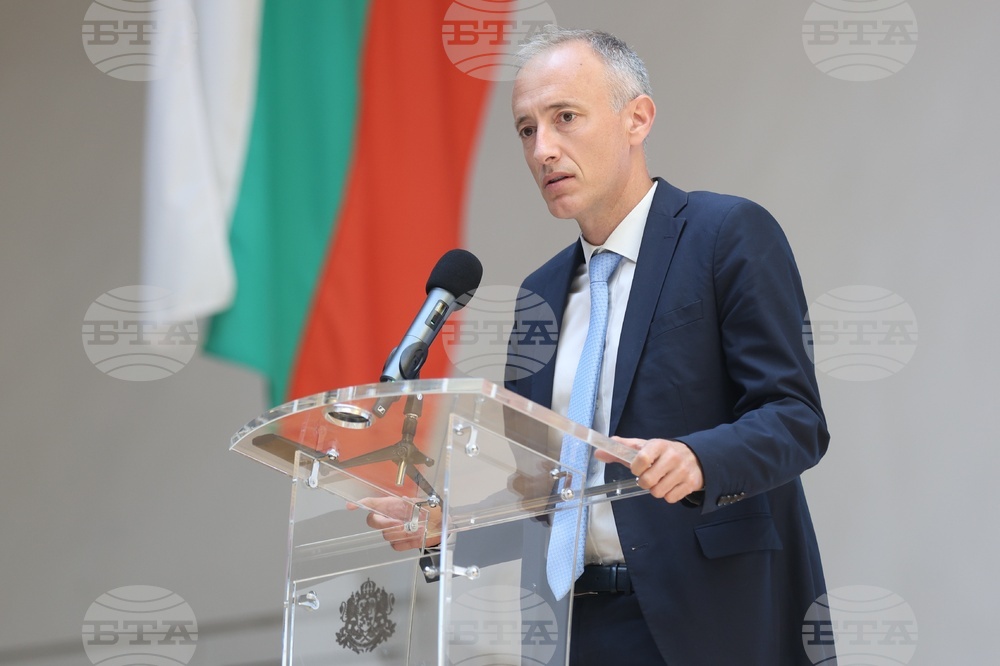site.btaEducation Minister: Science and Math Curricula Are Overly Ambitious


Bulgaria's overly ambitious school curricula are discouraging students from choosing mathematics, physics, and chemistry, Education Minister Krasimir Valchev said at the opening of a national forum aimed at promoting math and science education in schools. The event, organized by the Ministry of Education and Science, is held at 145th School in Sofia.
Minister Valchev pointed to a concerning trend: ten times more high school graduates choose to take their final exams in a foreign language than in mathematics. He noted that part of the reason for poor performance in science and math lies in weak results in Bulgarian language and literature, as students often fail to understand the wording of the exam tasks.
Other contributing factors include a nationwide shortage of qualified teachers and a reduced number of instruction hours dedicated to mathematics and science.
“There is an increased interest in enrolling in mathematics-focused schools from 5th grade onward, but large cities lack the necessary infrastructure,” Valchev said.
He emphasized that the ministry’s main tools for intervention include curricula, educational plans, and teaching methods. While curriculum reform takes time, adjustments to educational plans—such as increasing science and math hours by reducing hours in other subjects—can be made more quickly, he added.
The summer months are ideal for consultations on potential measures, the Minister said, underlining the vast scale of Bulgaria’s education system, which encompasses the country’s largest professional workforce.
The forum marks the beginning of a broader dialogue on how to strengthen STEM education and attract more students to pursue careers in science and technology.
University programs in mathematics and natural sciences remain difficult to fill, Minister Valchev said.
The forum brought together math and science teachers, university lecturers, scientists from the Bulgarian Academy of Sciences (BAS), parent associations, employers, MPs, and education experts from the ministry and regional inspectorates.
The primary goal of the meeting is to generate proposals for boosting student interest and improving the quality of instruction in mathematics and natural sciences across Bulgaria’s school system.
The discussion is ongoing, with presentations already delivered on the state of mathematics education, followed by a similar analysis of science subjects.
Minister Valchev reiterated an earlier position he shared in March, stressing that the biggest shortage of instructional hours is in mathematics and science—subjects that require in-depth study and consistent learning. He acknowledged the need to expand class time not only for science and math but also for Bulgarian language and literature, particularly literature.
However, he suggested that any increase in these areas would likely come at the expense of specialized training and foreign language instruction. "We may also slightly expand hours for geography, history, and civic education, but that requires balancing the curriculum overall," he noted.
Valchev stressed the need for structural changes in educational planning to align with long-term national priorities and labor market needs, especially in the face of growing shortages of qualified STEM professionals.
/DT/
news.modal.header
news.modal.text